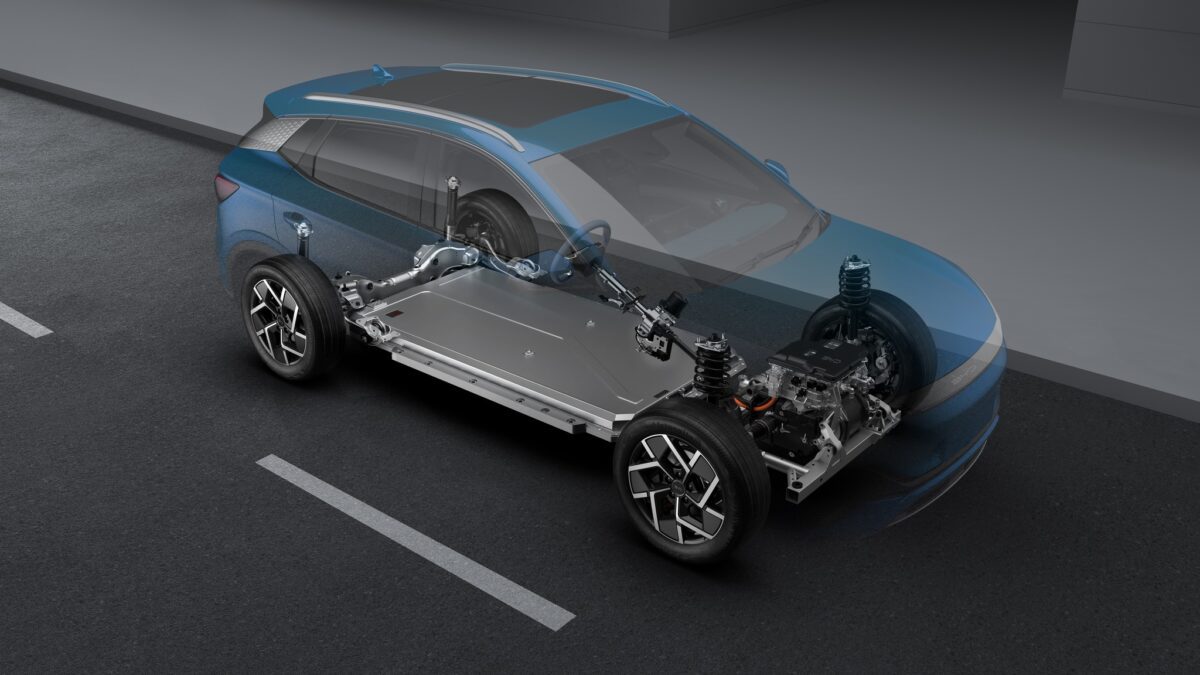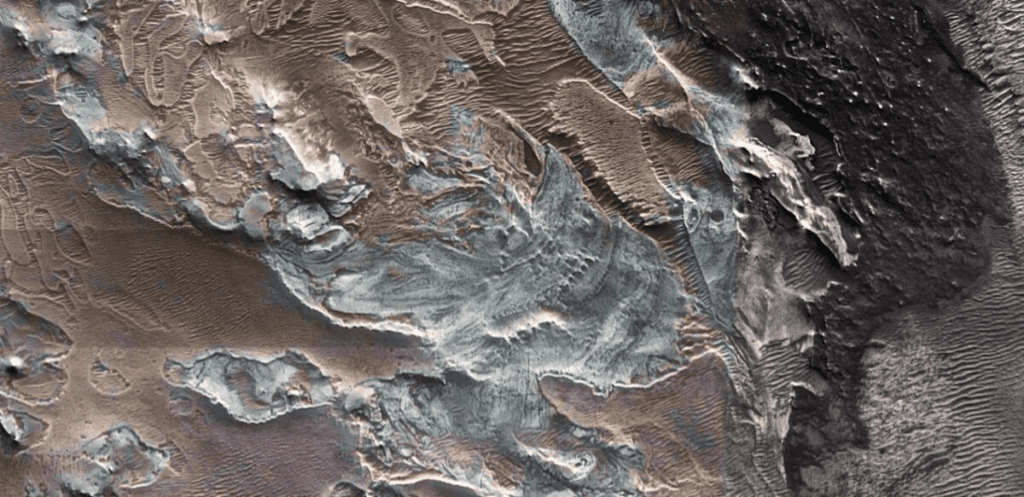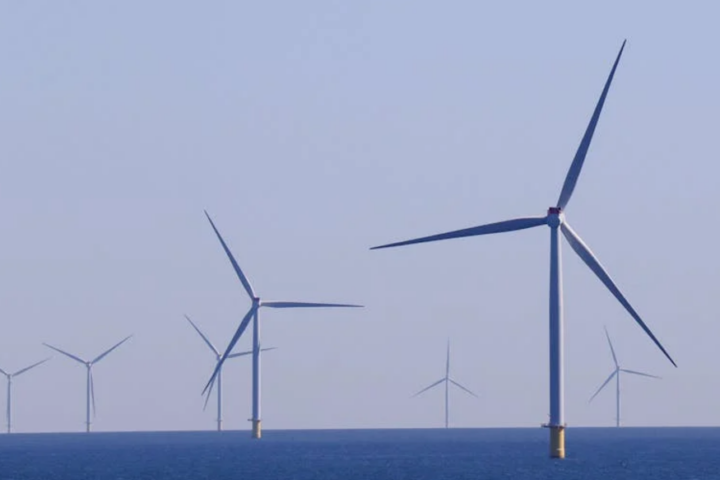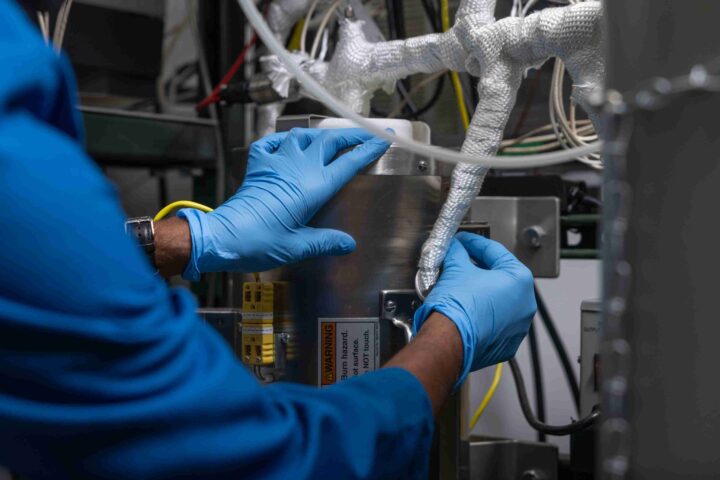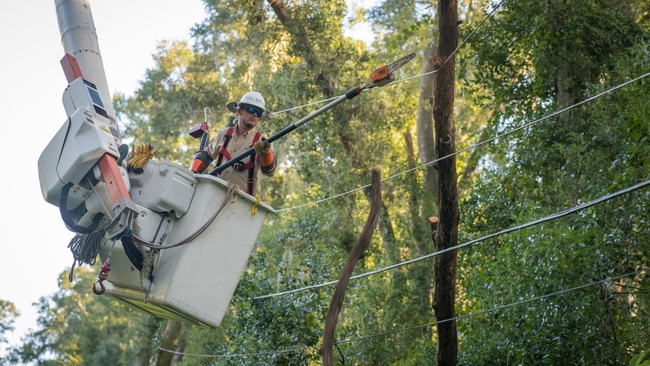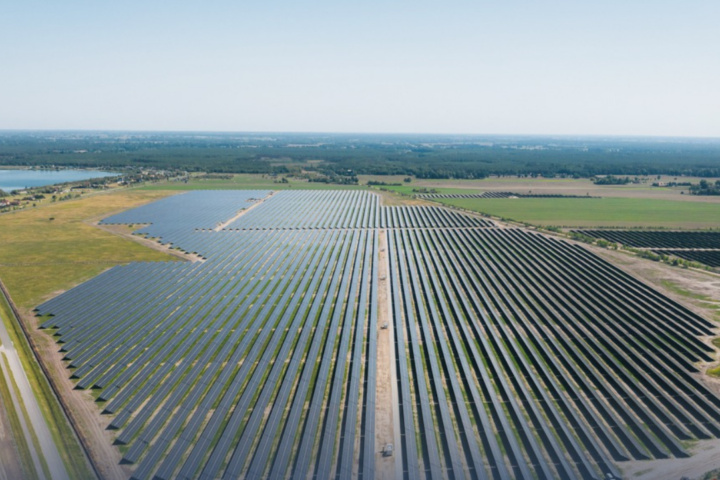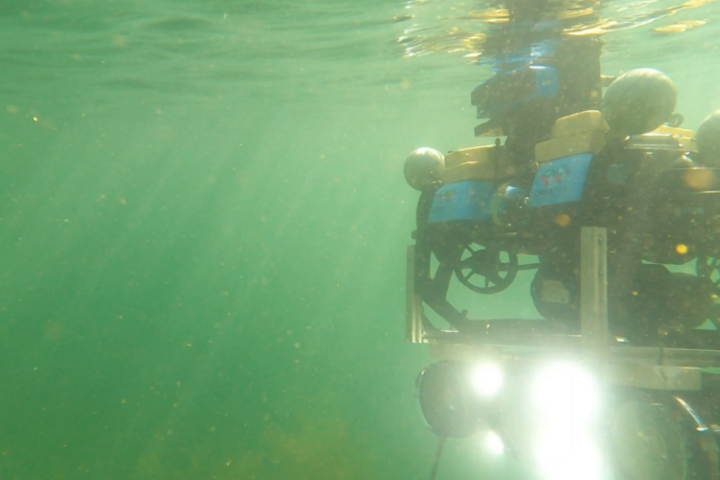A leading manufacturer of electric cars in China, BYD, controls the lion’s share of the country’s electric vehicle industry.The company’s ingeniously designed Blade battery technology is cheaper, safer, and a game-changer for the electric vehicle market hence Tesla opts for Blade batteries instead of conventional lithium batteries in their German made Model Y.
The Blade battery cells can fit together in an array, maximizing space by over 50% compared to traditional cylindrical lithium-ion phosphate batteries. The Blade battery uses lithium iron phosphate for the cathode material, and this technique promises better safety than conventional lithium-ion batteries. Blade battery by BYD has passed extreme tests, like a nail puncture test and a 46-ton truck rollover test, and passed them without any leakage, fire, or deformation.
BYD’s Blade battery reportedly came through in other tests successfully, including overcharging by 260%, crushing, bending, and heating in a furnace to 300 °C (572°F) without any damage. Even with the Blade battery’s superior safety record, 11 fire incidents have been reported in BYD vehicles from 2020 to 2022, most of them involving the BYD Han.
Tesla has begun using BYD’s Blade batteries for Tesla Y cars manufactured in its Berlin Gigafactory, and rumors have emerged that it will use them for its proposed compact and affordable EV, Model 2.
Tesla’s use of BYD Blade batteries in its Berlin factory indicates that they are safer and more cost-effective than other EV batteries, including Tesla’s batteries. The LFP used in the Blade batteries makes them more stable than conventional lithium-ion batteries, even if temperatures cross 930 °F (500 °C). The Blade battery delivers a higher energy density, which makes the EVs lighter and less bulky.
Active testing of the BYD Blade battery in the US market is pending and will be essential to confirm its safety record. However, considering its widespread usage globally, it seems to be the safest EV battery technology available.
